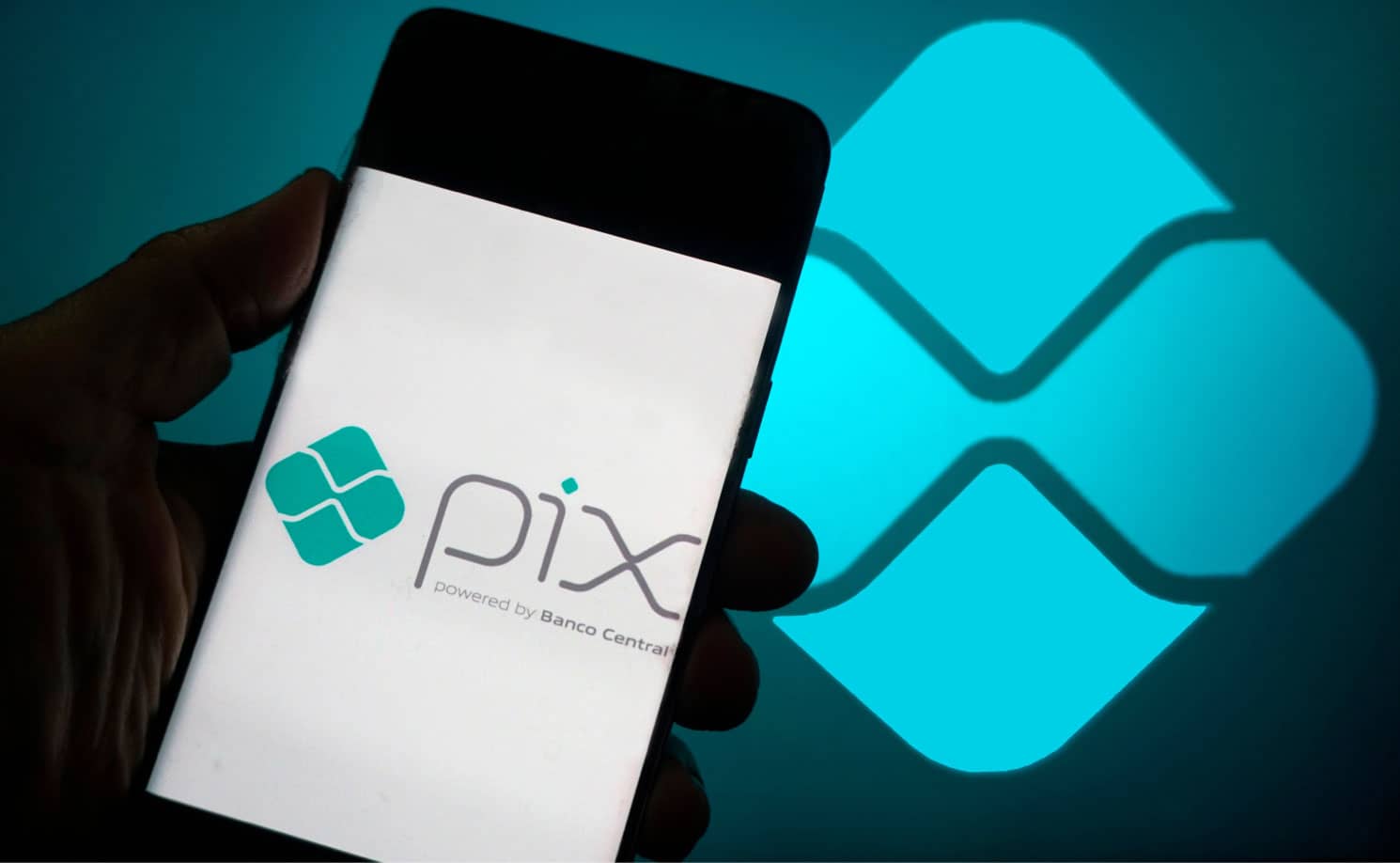Traveling for work is a practice valued by 91% of Brazilian professionals, according to the “Corporate Traveler Profile”, a recent survey byOnfly,Largest B2B travel tech in Latin America, held in partnership with Opinion Box.The study, which was created with the goal of helping companies better organize their travel management, improve employee experience, and optimize travel policies in a more strategic and data-driven way, surveyed 1,021 professionals across the country.
The data shows that 64% of corporate travelers have been with their current companies for more than five years and that 55% hold leadership positions.The study also reveals that the main reasons for corporate travel are due to training and capacity building (47%), events and fairs (45%), and field visits (32%).
Regarding the frequency of travel, 15% of professionals responded that they travel once a year, 22% once every six months and 28% travel once every three months.
Sectors that provide the most business travel
The research also identifies the segments that most frequently undertake business trips: service organizations lead this list, representing 16%, followed by others with 15%. Health ranks third, with 11%, and technology is fourth, with 10%.
However, 53% of professionals who travel for work said that the companies they work for do not have a specific department responsible for organizing travel."This result shows how companies in Brazil can still invest in innovation when it comes to their employees' experience with corporate travel, aiming to simplify the lives of those traveling for work, ensure greater transparency for managers, and save money at the end of the month," comments Marcelo Linhares, CEO and co-founder of Onfly.
Travel expenses
The main expenses associated with these trips are food (87%), accommodation (79%) and local transport (60%).
Travel Policies
Onfly's research indicates that 89% of corporate travelers are clear about their company's travel policies, with access to guidelines mainly through online documents (49%), meetings with responsible departments (27%), or via platforms (27%). Marcelo Linhares believes that, with transparency in travel policies, traveling professionals have all the necessary tools to manage their trips independently. "As the data shows, if most people have this clarity about travel, the booking of this type of commitment wouldn't need to be made by third parties. They could manage it freely, according to their own preferences," he/she/they assess.
The study also presents data regarding the payment methods used in corporate travel: 37% of professionals said they make payments via corporate card, while 35% still pay travel expenses out of pocket and then receive reimbursement. When it comes to accountability, 39% of respondents indicated that this process is carried out automatically, while 32% still need to do it via paper documents.
“Technology is an essential tool for all sectors today, but unfortunately, we still see companies that carry out reimbursement processes for corporate travel expenses in an archaic way, where employees need to save the receipts and present them upon returning from the trip to receive their reimbursement, and often, this financial return takes days, weeks and even months to be reflected in the account”, says Linhares, who adds that this company habit harms both the employee, who has to bear the costs and may face personal financial difficulties, and the company's management, which loses visibility and faces a greater risk of fraud and problems in reconciling accounts.
Routine outside the home
Being away from home during business trips directly impacts professionals' daily lives: 60% of travelers who participated in the survey reported that exercising is the routine most affected, while 57% said it is the change in personal time, and another 57% admitted to having difficulty maintaining a balanced diet.These challenges are even more felt by women, who have higher rates than men in these aspects, with a highlight on exercise practice: 64% versus 57%.
Travelers' preferences
When it comes to the preferred customer service channels for travelers to resolve business travel issues, WhatsApp is the most used (65%), followed by email (60%). This reinforces the need for quick and accessible channels to meet demands during travel.
Regarding check-in preferences, 44% of travelers choose online check-in, while 20% prefer counter check-in and 16% self-service.
The CEO of Onfly believes that the survey results endorse the opportunities companies have to improve employee well-being, helping travel managers organize this type of demand more strategically. "The corporate traveler is increasingly seeking flexibility and convenience in their journey. Providing solutions that meet these demands is essential for companies that want to value their professionals, optimize travel results, and strictly adhere to their policies and compliance," he states.











